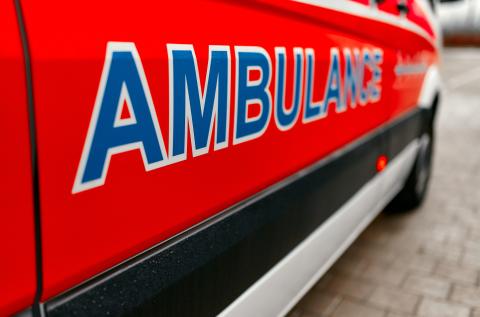Urgent Care
Your relationship with your primary care provider is very important, but sometimes urgent health care needs arise when your provider is not immediately available. We are here for you and your family’s immediate medical needs on a walk-in basis, no appointment needed.
What Happens if Urgent Care is Full?
During times of high volume, our schedule may fill up, and we’ll pause our acceptance of patients. If that happens, you may return to the next session, or we’re happy to help you find an appointment with your primary care provider.
Redding Urgent Care Hours:
- Monday - Thursday, 8 a.m. to 8 p.m.
*To be seen, you must check-in by 7:20 p.m. - Friday, 8 a.m. to 5 p.m.
*To be seen, you must check-in by 4:20 p.m. - Saturday, 9 a.m. to 1 p.m.
*To be seen, you must check-in by 12:20 p.m.
Anderson Urgent Care Hours:
- Monday - Friday, 8 a.m. to 12 p.m.
*To be seen, you must check-in by 11:20 a.m. - Monday - Friday, 1 p.m. to 5 p.m.
*To be seen, you must check-in by 4:20 p.m.
When to Come to Urgent Care
Our experienced healthcare team can diagnose, treat, or recommend follow-up care for common acute medical needs, including:
- Bites or minor burns
- Cold, fever, or flu symptoms
- Conjunctivitis (pink eye) or other eye irritations
- Earaches or headaches
- Mild breathing difficulty or mild asthma
- Mild cuts or abrasions
- Minor head injuries without loss of consciousness
- Minor sports injuries
- Nausea, vomiting, or diarrhea
- Seasonal allergies
- Sinus infections
- Skin rashes or infections
- Sprains, strains, or minor fractures
- Strep throat
- Upper respiratory infections
- Urinary tract infections
When to Head to the Emergency Room
A true emergency is when an illness or injury places a person’s health or life in serious jeopardy and treatment cannot be delayed. If you are experiencing any of these symptoms, call 911 or go immediately to the nearest emergency room:

- Facial drooping, arm weakness, and difficulty speaking (signs of a stroke)
- Dizziness, sudden confusion, and difficulty seeing or moving your body
- Difficulty breathing
- Chest pain
- Severely broken bone
- Head injury with blacking out
- Severe allergic reaction
- Severe bleeding
- Seizure or unconsciousness
- Ingestion of a toxic substance
- High-speed car accident or a high fall